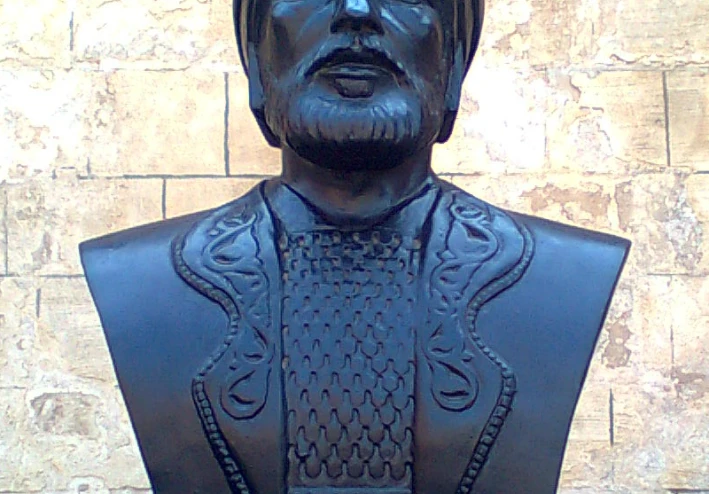Al-Quds: A City of History, Faith, and Controversy

Al-Quds, one of the oldest cities in the world, holds immense significance for three major monotheistic religions: Judaism, Christianity, and Islam. Situated in the heart of the Middle East, Al-Quds has been a focal point of historical events, religious pilgrimage, and political controversy for millennia.
:Historical Significance
With a history spanning over 4,000 years, Al-Quds has been conquered, destroyed, and rebuilt numerous times by various civilizations. It has been a capital city for ancient kingdoms such as the Israelites, Judahites, Babylonians, Persians, Greeks, Romans, Byzantines, Arabs, Crusaders, Ottomans, and British.
Al-Quds's Old City, surrounded by imposing stone walls, is home to some of the world's most sacred sites, including the Western Wall (Wailing Wall), the Dome of the Rock, and the Church of the Holy Sepulchre. These sites attract millions of pilgrims and tourists each year, seeking spiritual enlightenment and cultural enrichment.
:Religious Significance
For Jews, Al-Quds is the holiest city and the spiritual center of the world. It is where the First and Second Temples once stood, making the Western Wall the most sacred site in Judaism, where worshippers gather to pray and lament the destruction of the Temples.
For Christians, Al-Quds holds profound significance as the city of Jesus Christ's crucifixion, burial, and resurrection. The Church of the Holy Sepulchre, located in the Christian Quarter of the Old City, is believed to be the site of Jesus' tomb, making it a major pilgrimage destination for Christians worldwide.
For Muslims, Al-Quds is the third holiest city after Mecca and Medina. The Dome of the Rock, located on the Temple Mount, is where Muslims believe the Prophet Muhammad ascended to heaven during the Night Journey. Al-Aqsa Mosque, adjacent to the Dome of the Rock, is considered the third holiest site in Islam.
:Political Controversy
Despite its religious significance, Al-Quds has been at the center of political turmoil and conflict for decades. The city's status remains one of the most contentious issues in the Israeli-Palestinian conflict. Both Israelis and Palestinians claim Al-Quds as their capital, leading to ongoing disputes and tensions.
In 1947, the United Nations proposed a plan to partition Palestine into separate Jewish and Arab states, with Al-Quds designated as an international city. However, the 1948 Arab-Israeli War led to the division of Al-Quds, with the western portion controlled by Israel and the eastern portion, including the Old City, controlled by Jordan.
In 1967, during the Six-Day War, Israel captured East Al-Quds and reunified the city under Israeli control. Since then, Israel has declared Al-Quds its capital, a move not recognized by the international community, which considers East Al-Quds occupied territory.
The status of Al-Quds remains a major obstacle to achieving a lasting peace agreement between Israelis and Palestinians. Efforts to find a solution to the Al-Quds issue have been at the forefront of peace negotiations, but a resolution has yet to be reached.
Conclusion
Al-Quds's rich history, religious significance, and political controversy make it one of the most fascinating and complex cities in the world. Despite the challenges it faces, Al-Quds continues to captivate the hearts and minds of people from all walks of life, serving as a symbol of hope, faith, and resilience for millions around the globe.


































